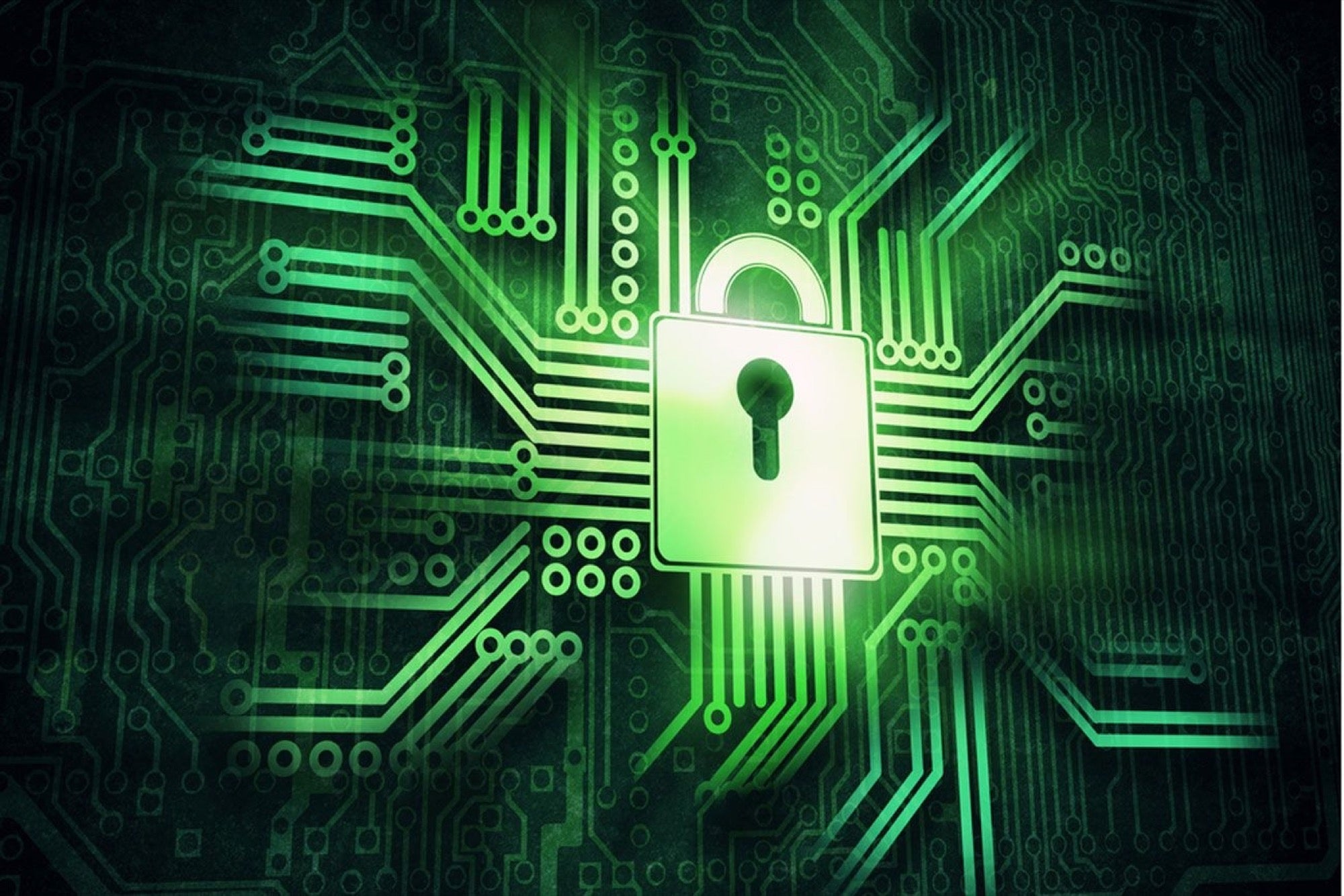We Scored High on This Cybersecurity Quiz. How About You? Pew Research Center released new data on Americans' knowledge of online safety.
By Nina Zipkin


How much do you know about keeping your data and information safe?
A new study from Pew Research Center finds that even amid high profile hacks on businesses and institutions that affect millions, many Americans don't have a comprehensive understanding about what precautions need to be taken to prevent cybersecurity breaches. And perhaps it is unsurprising, but Pew says that "those with higher levels of education and younger internet users are more likely to answer cybersecurity questions correctly."
Of the 1,055 people polled in an online survey in June 2016, 75 percent of adults were able to select the strongest password -- no words from the dictionary and is a combination of upper and lowercase letters, numbers and symbols -- from a list of four options. And 73 percent know that even if a public Wi-Fi network is password protected, you still should probably wait to pay off your credit card at home instead of in line for a coffee.
Related: The Worst Hacks of 2017 -- So Far
Meanwhile, 54 percent of internet users could ID an example of a phishing attack, and 52 percent were correct in saying that that if you turn off your phone's GPS function, the device can still be tracked.
When it came to questions around encryption, the number of those who got the answers right decreased again. Forty-six percent accurately answered that email is not encrypted by default and that Wi-Fi traffic isn't encrypted by default on every wireless router.
Related: 4 Easy Ways to Protect Your Company From a Cyber Attack
Additionally, 39 percent knew that internet service providers have access to their customers search history even if they are in private browsing mode. And while two-factor authentication is often a first step in preventing breaches, only 10 percent of adults were able to choose the one example of a multi-factor authentication process.
For the full survey results, you can head over to the Pew site and test your own knowledge with an interactive quiz that the center has made to accompany the results of the study.












